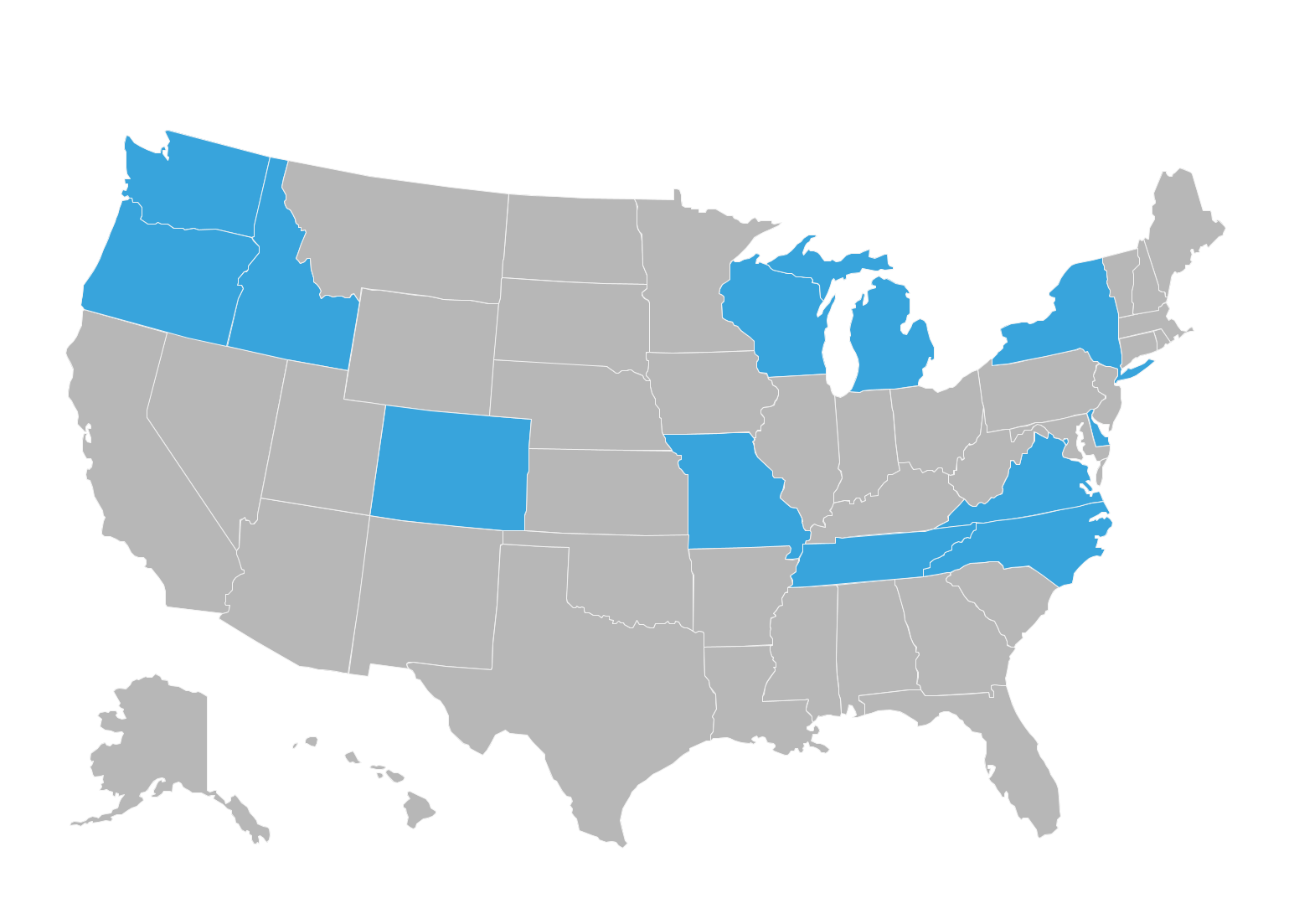The Drug Effectiveness Review Project (DERP) is a trailblazing collaborative of state Medicaid and public pharmacy programs that produces concise, comparative, evidence-based research products to assist policymakers and other decision makers grappling with difficult drug coverage decisions.
Nationally recognized for its clinical objectivity and high-quality research, DERP focuses on specialty and other high-impact drugs — particularly those that have potential to change clinical practice. DERP reports evaluate the efficacy, effectiveness, and safety of pharmaceuticals to help states improve patient safety and quality of care while helping contain costs for exploding new therapies. Contact us to participate or learn more.


